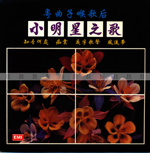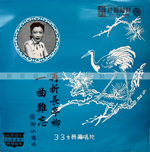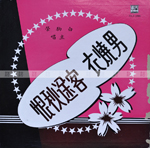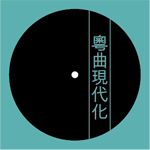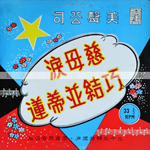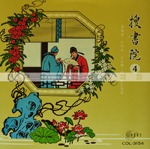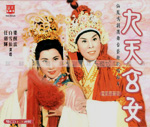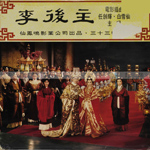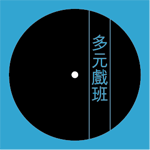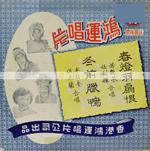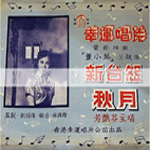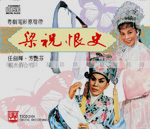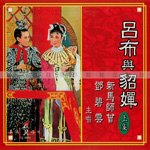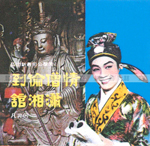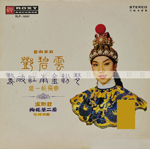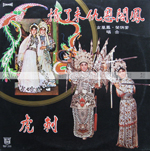Since the early twentieth century, Hong Kong has always been an important venue for Cantonese opera development. After 1949, as a result of political turmoil in the Mainland, performers and troupes converged and resettled in the territory, leading to a tremendous prospering of Cantonese opera in the subsequent decade. This development is linked intimately with the rise of the electronic media.
Performers and troupes began to grasp the possibilities offered by film and radio to re-examine age-old performance practices with regard to acting, singing, script writing, instrumentation, and stage set-up. They brought in novel elements from the theatre and movie world, and participated in the production of films and records. With these acts, they are extending the movement to modernize Cantonese opera that began in the 1930s.
Wong Jum-sum was thoroughly immersed in the world of Cantonese opera from young. Through his close encounter with master performers like Hung Sin-nui, Ma Si-tsang, Yam Kim-fai, Pak Suet-sin and Tong Dik-sang, he witnessed first hand the modernization of Cantonese opera, and was mightily moved by the adventure and passion he saw.
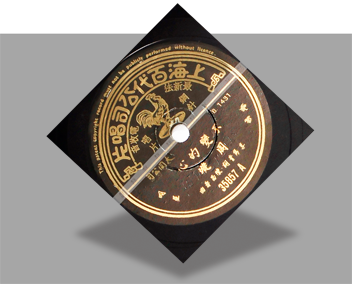

作曲:陳歌辛
作詞:李雋青
主唱:周璇
你是我的靈魂
你是我的生命
我們像鴛鴦般相親
鸞鳳般和鳴
你是我的靈魂
你是我的生命
經過了分離
經過了分離
我們更堅定
你就是遠得像星
你就是小得像螢
我總能得到一點光明
只要有你的蹤影
一切都能改變
變不了是我的心
一切都能改變
變不了是我的情
你是我的靈魂
也是我的生命
經過了分離
我們更堅定
你就是遠得像星
你就是小得像螢
我總能得到一點光明
只要有你的蹤影
一切都能改變
變不了是我的心
一切都能改變
變不了是我的情
你是我的靈魂
也是我的生命

